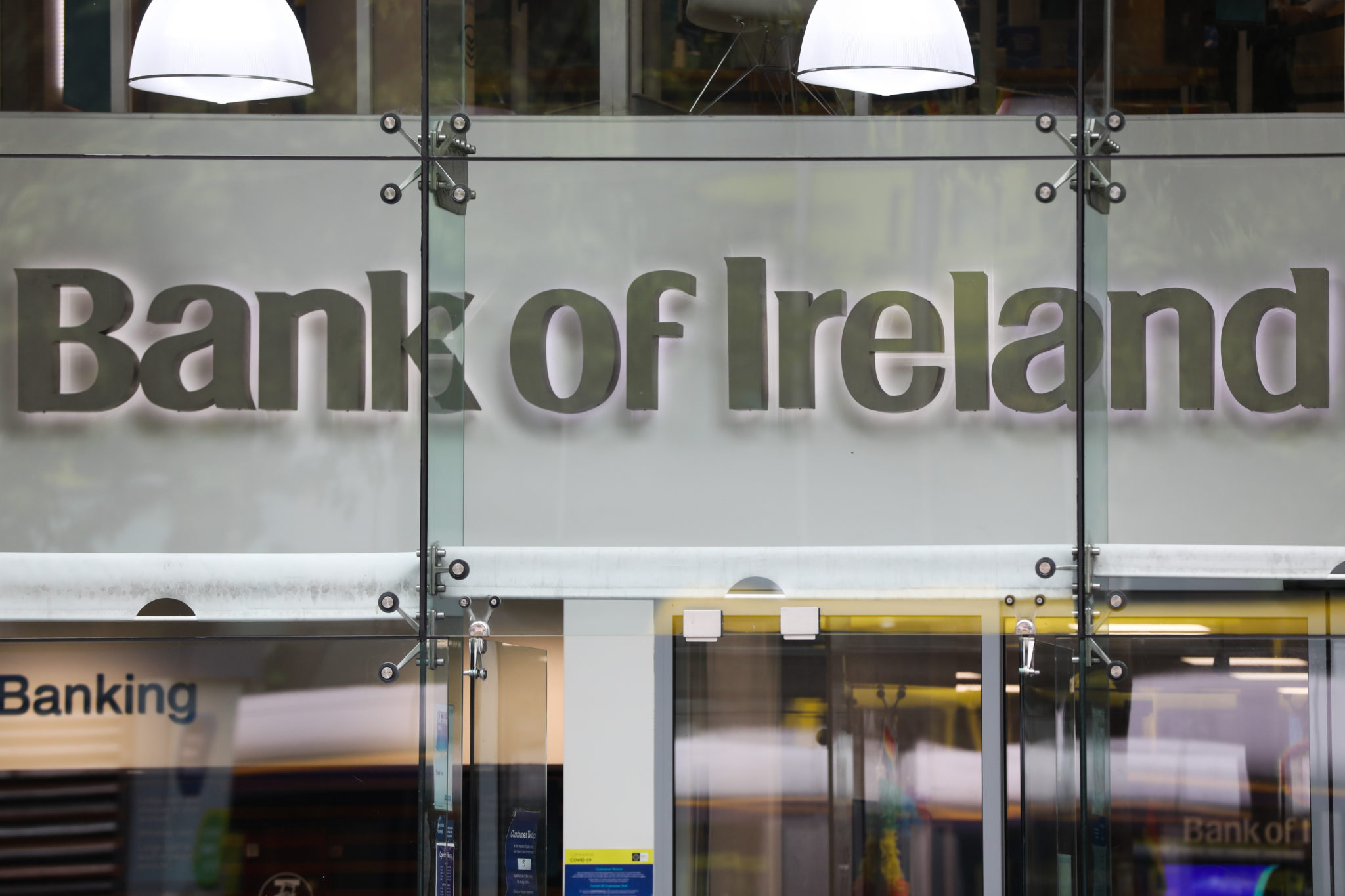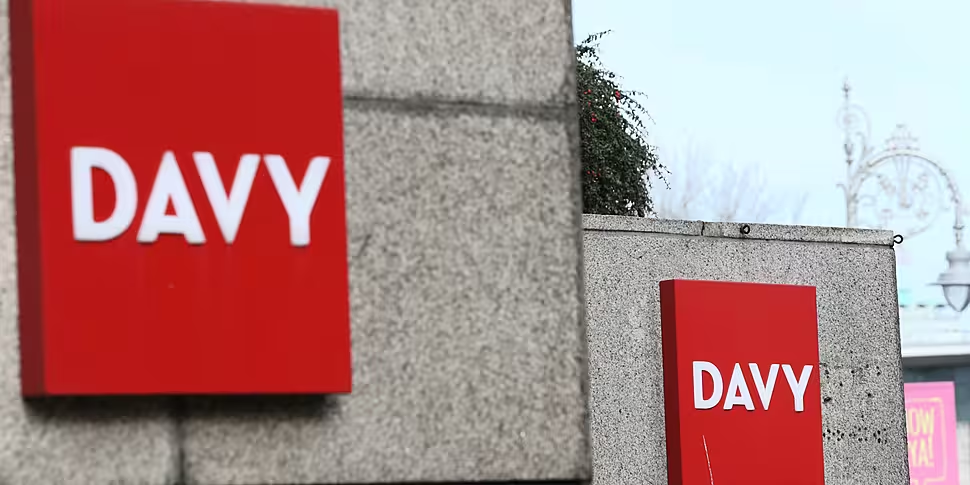Bank of Ireland is buying most of Davy stockbrokers in a deal worth around €440m.
The deal is subject to shareholders at the stockbrokers meeting a number of agreed criteria, the bank says.
The transaction is to be carried out in stages, with completion expected in 2022.
The Davy brand and structure will continue to operate under the Bank of Ireland umbrella.
Davy has also announced it is selling Davy Global Fund Management and its shareholding in Rize ETF to separate third parties.
This is expected to see a "significant excess cash position" over and above what is required to run the business.
Bank of Ireland will also pay for such excess cash, which will be largely made up of the proceeds from these sales.
These are estimated to be worth around €125m.
 A Bank of Ireland branch on O'Connell Street, Dublin in June 2021.Picture by: Leah Farrell / RollingNews.ie
A Bank of Ireland branch on O'Connell Street, Dublin in June 2021.Picture by: Leah Farrell / RollingNews.ieEarlier this year, Davy announced it would be up for sale after it was fined over €4m by the Central Bank for breaching market rules.
Francesca McDonagh, group chief executive of Bank of Ireland, says: "Bringing Davy into the group represents a significant milestone which will considerably enhance our customer offerings and growth outlook for the group.
"It is our ambition to build on Davy's unrivalled leadership position in these businesses, while also enabling it to benefit from a range of comprehensive culture, risk and governance programmes that we have successfully introduced in recent years.
"Accordingly, we see a continuation of the Davy brand and structure, under the Bank of Ireland umbrella."
While Bernard Byrne, interim chief executive of Davy, adds: "Our view throughout this sales process has been that the right owner for Davy is the owner that is right for our client base and people.
"We are confident that in Bank of Ireland we are joining a Group that supports our vision for the business and presents significant opportunity for all stakeholders, particularly for our clients in supporting their growth ambitions."
Davy employs over 800 people and has offices in Dublin, Cork, Galway, Belfast and London.
Back in August, Bank of Ireland announced plans to cut 1,400 jobs through a voluntary redundancy programme.









